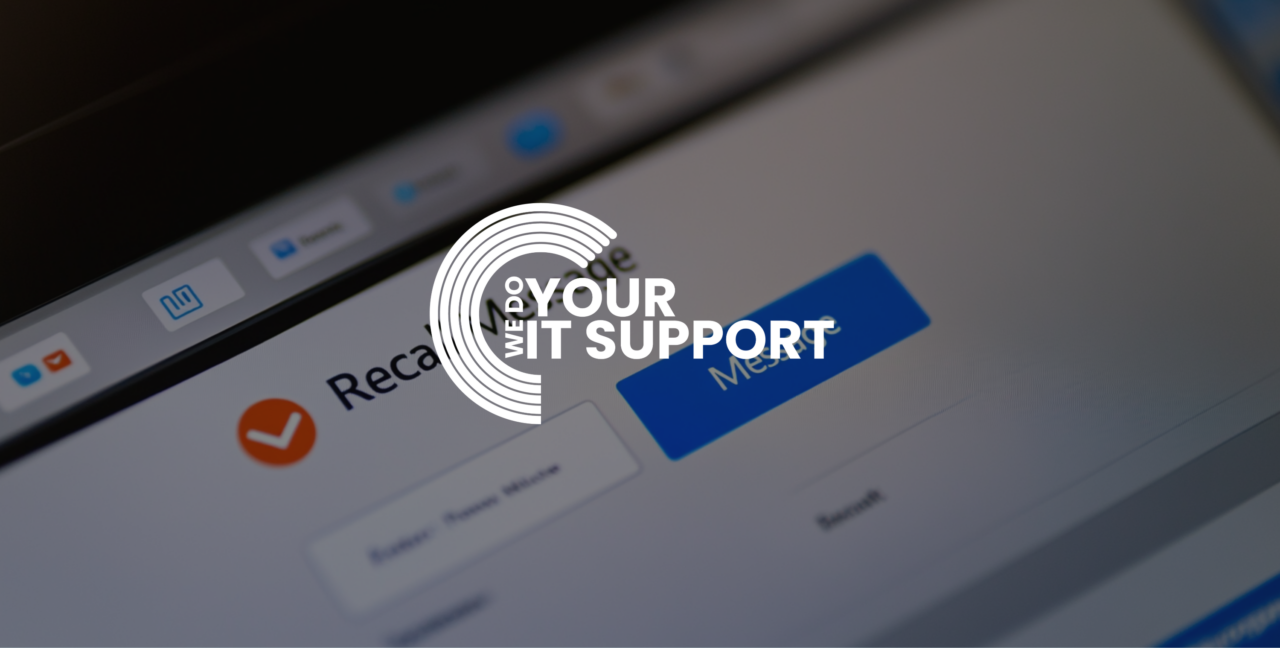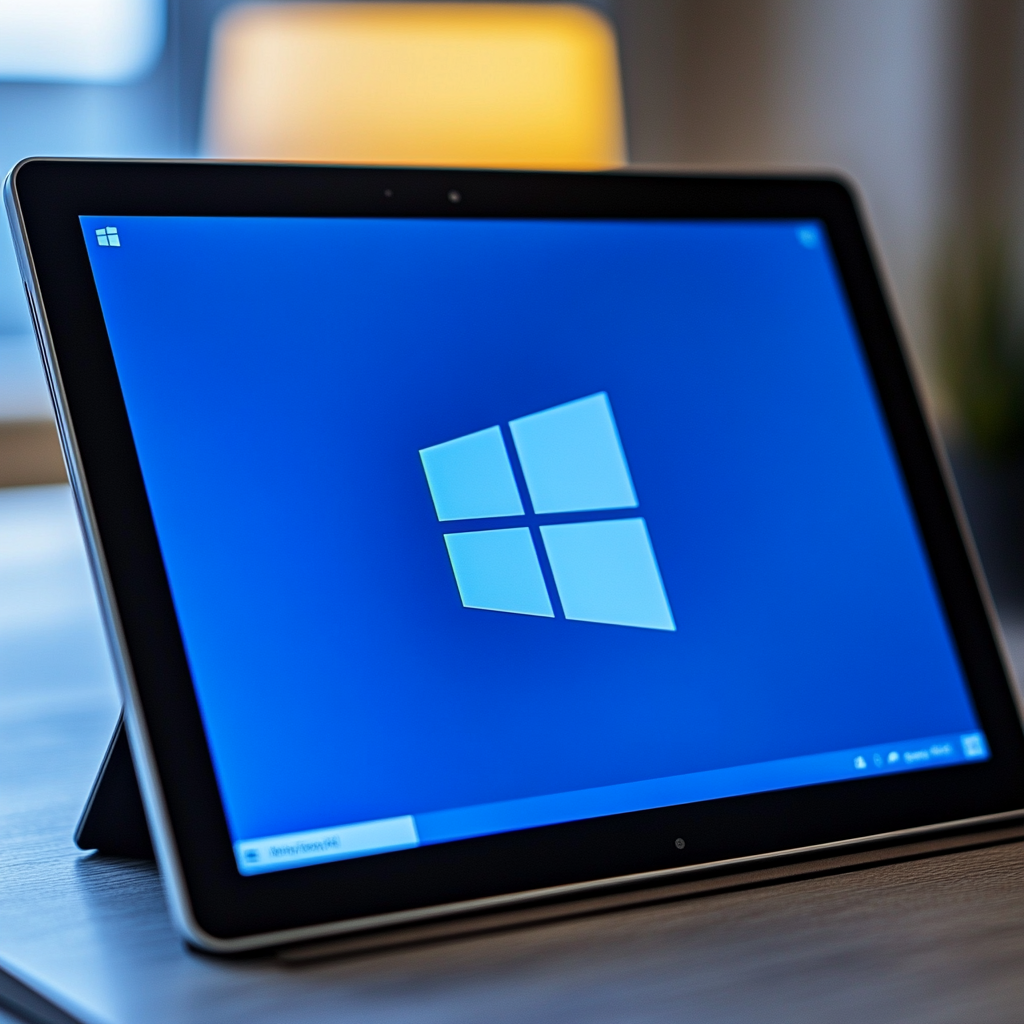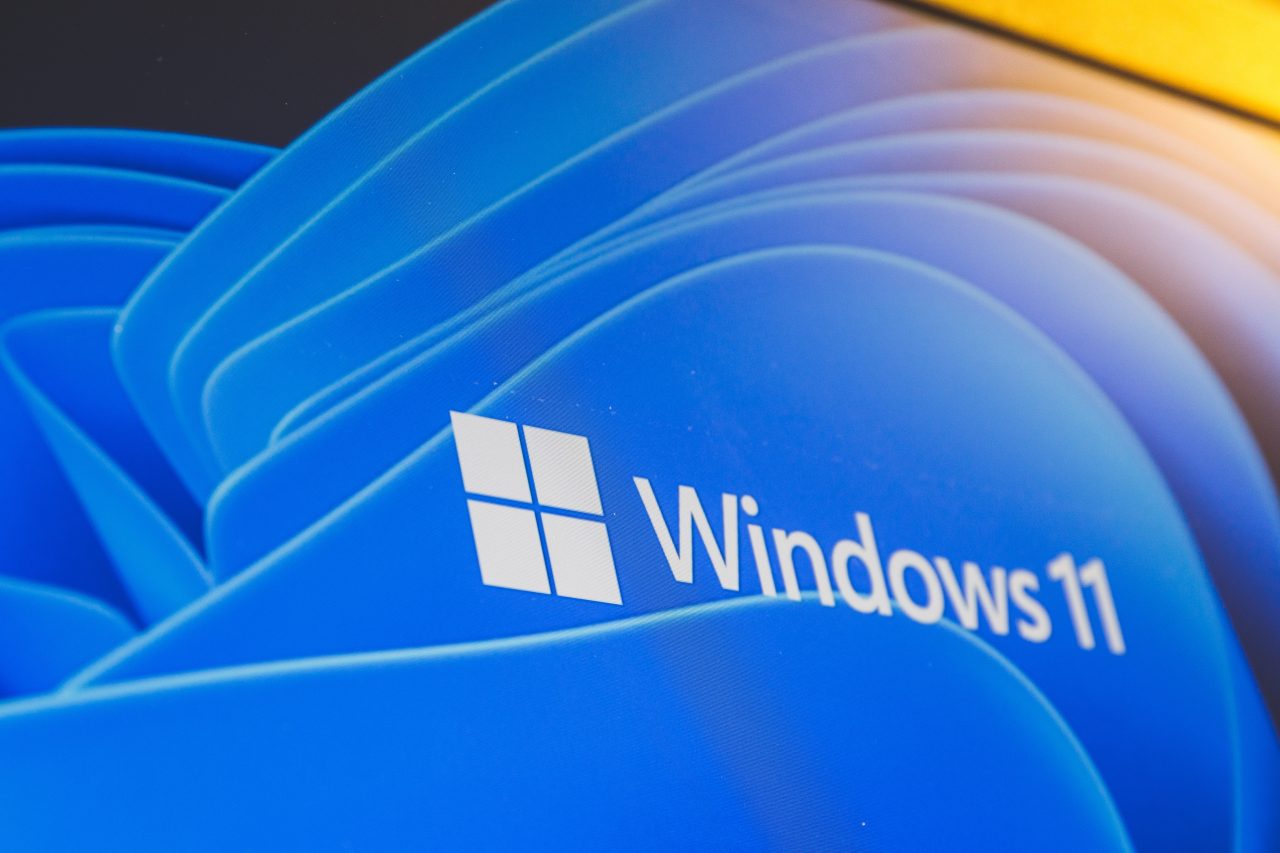

Upgrading to Windows 11 offers numerous advantages that significantly enhance your business operations. Firstly, the revamped user interface introduces new features that foster a more streamlined and intuitive experience, making it easier for employees to adapt and boost productivity. Secondly, improved performance features, such as advanced Snap Layouts, enable efficient multitasking, allowing team members to focus on multiple projects simultaneously. Thirdly, built-in security tools and support for a Zero Trust security model ensure your business data remains safe, which is crucial in today’s digital landscape. Additionally, Windows 11 boasts better compatibility with modern applications and emerging technologies, preparing your organisation for future advancements, especially through the Microsoft Store. With the end of support for Windows 10 in 2025, timely upgrades become essential to mitigate vulnerabilities associated with outdated software. Moreover, integrating AI and AR/VR can unlock new possibilities for innovation within your business. Finally, a Microsoft account is necessary to access and maximise the latest Windows 11 features, signifying a commitment to adopting cutting-edge technology and reinforcing your position in the competitive market.
Windows 11, a free upgrade from Microsoft Windows, is designed with user experience at its core, introducing new features that prioritise simplicity and efficiency. One of the most notable changes is the centred Start Menu, which offers easy access to apps and settings, including the settings app while reducing the clutter often found in traditional layouts. Enhanced visual elements, such as rounded corners and a soothing colour palette, create a more inviting environment, minimising eye strain during prolonged use. Additionally, features like Snap Layouts improve multitasking by allowing users to arrange multiple windows seamlessly on the desktop, enhancing workflow and productivity. The inclusion of Android apps through the Windows Subsystem empowers users to integrate their favourite mobile applications. Microsoft announced that virtual desktops enable users to create distinct workspaces tailored to specific tasks or projects, making Windows 11 a user-friendly upgrade and a significant step toward optimising daily operations in a business setting. Regular Windows updates ensure that users can access these features and improvements seamlessly.
Windows 11 features a range of multitasking capabilities to boost productivity and streamline workflows. Enhanced Snap Layouts allow Windows users to effortlessly organise multiple windows, making switching between tasks and staying focused on priorities easier. Users can select from various layouts by hovering over the maximise button, creating a cleaner workspace free from clutter. Additionally, the integration of virtual desktops lets users set up separate environments for different projects, improving organisation and reducing distractions. With the recent Windows update, Windows 11 also supports Android apps through the Microsoft Store, enabling seamless access for users with an Android or iOS device. These universal Windows apps, combined with intuitive features, empower teams to work more efficiently and adapt to the fast-paced demands of modern business environments.
In an era of increasingly sophisticated cyber threats, Microsoft Windows 11 stands out as an operating system with robust security measures designed to protect businesses from evolving risks. Its built-in security tools, including Windows Defender and advanced threat protection, form a solid defence against malware and malicious attacks. Additionally, Windows 11 supports a zero-trust security model, ensuring that no user or device is trusted by default and that security protocols are consistently enforced across the organisation. With features like Auto HDR and the capability to discover Android apps, the operating system enhances user experience. The Photos app is also seamlessly integrated, making it easier to manage images. Furthermore, the Windows taskbar provides quick access to these features, empowering businesses to operate more confidently. By prioritising security in its design and integrating various functionalities, Microsoft Windows 11 significantly mitigates vulnerabilities associated with outdated systems like Windows 10. It fosters a proactive approach to safeguarding critical data and assets, especially for users with a Microsoft account.
Transitioning to Windows 11 can raise compatibility concerns, especially for businesses relying on legacy systems or specific applications. To ensure a smooth upgrade, organisations must conduct a thorough assessment of their current software and hardware. Evaluating whether existing applications support the new operating system and checking hardware compatibility against Windows 11’s requirements are critical steps in this process. Many modern applications are increasingly designed with compatibility in mind, and Windows 11 features improved support for contemporary software, which could alleviate some compatibility issues. Additionally, the free upgrade to Windows 11 offers exciting new features that enhance user experience. By utilising resources from the Microsoft Store and consulting PC Magazine for insights, businesses can take proactive measures to mitigate potential hurdles. This way, they can fully embrace the advantages of Windows 11, ultimately boosting their operational efficiency and readiness for future advancements.
Upgrading to Windows 11 before Windows 10 support ends in 2025 positions your business to leverage modern technology while protecting against security vulnerabilities in outdated systems. By transitioning now, organisations can take advantage of Windows 11’s new features, such as universal Windows apps and multiple virtual desktops, enhancing user experience and productivity. The inclusion of progressive web apps and access to the Amazon Appstore further enriches the app ecosystem. Additionally, the upgrade facilitates faster web browsing and improved app windows, optimising workflow through advanced multitasking capabilities and AI integration. This proactive approach not only bolsters your organisation’s operational framework but also showcases a commitment to innovation and adaptability in a competitive landscape while ensuring compliance with evolving security protocols.
As businesses navigate the complexities of a rapidly evolving technological landscape, Windows 11 emerges as a formidable ally in the quest for innovation and adaptability. With its powerful Windows 11 features, including the seamless integration of AI and AR/VR, Microsoft Windows positions organisations to leverage emerging technologies that enhance operational capabilities and customer engagement. The modern interface and settings app facilitate a more intuitive user experience while incorporating advancements that cater to contemporary business practices. By utilising universal Windows apps and harnessing the advanced security measures along with improved productivity tools offered by Windows 11, businesses can confidently embrace the future. Additionally, participation in the Windows Insider Program allows them to stay ahead of changes, ensuring agility and competitiveness in an environment where change is the only constant.
When evaluating the pros and cons of Windows 10 versus Windows 11, businesses must consider several pivotal factors that influence their operational efficiency and security posture. While Windows 10 has reliably served many organisations over the years, Windows 11 introduces a range of modern features designed to enhance productivity, streamline multitasking, and strengthen security. Key innovations like Windows Copilot and advanced AI features to improve collaboration, particularly for teams using third-party software and tools like Adobe Creative Cloud. The intuitive enhancements such as Snap Layouts and virtual desktops in Windows 11 are tailored for a fast-paced business environment. Moreover, Windows 11’s robust security measures, including the implementation of a Zero Trust security model, present a critical upgrade for organisations looking to mitigate the rising risk of cyber threats. With the end of support for Windows 10 approaching in 2025, businesses must carefully assess their specific needs, compatibility with existing operating systems, and the long-term benefits of transitioning to Windows 11. Ultimately, the decision will rely on an organisation’s readiness to embrace innovation while continually securing its assets against evolving challenges.
Upgrading to Microsoft Windows 11 is not just a change for change’s sake; it’s a strategic investment in your business’s future, enhancing its competitive edge. Microsoft announced this new operating system with advanced features like voice typing, improved multitasking, and integrated AI tools that streamline workflows and boost productivity. Organizations can enhance collaboration with Microsoft Teams integration and pinned apps for easy access. Additionally, Windows 11’s robust security architecture, following a Zero Trust model, protects sensitive data from evolving cyber threats. This proactive approach not only strengthens a company’s operational framework but also positions it to adapt swiftly to technological advancements, ensuring it stays ahead of competitors using outdated systems. As businesses seek innovation for growth, embracing Windows 11 and its universal Windows apps can be a catalyst for operational excellence and long-term success. Plus, the Microsoft Store offers a range of new features to further enhance user experience.

This website uses cookies to improve your experience. Choose what you're happy with.
Required for the site to function and can't be switched off.
Help us improve the website. Turn on if you agree.
Used for ads and personalisation. Turn on if you agree.
This website uses cookies to improve your experience. Choose what you're happy with.
Required for the site to function and can't be switched off.
Help us improve the website. Turn on if you agree.
Used for ads and personalisation. Turn on if you agree.